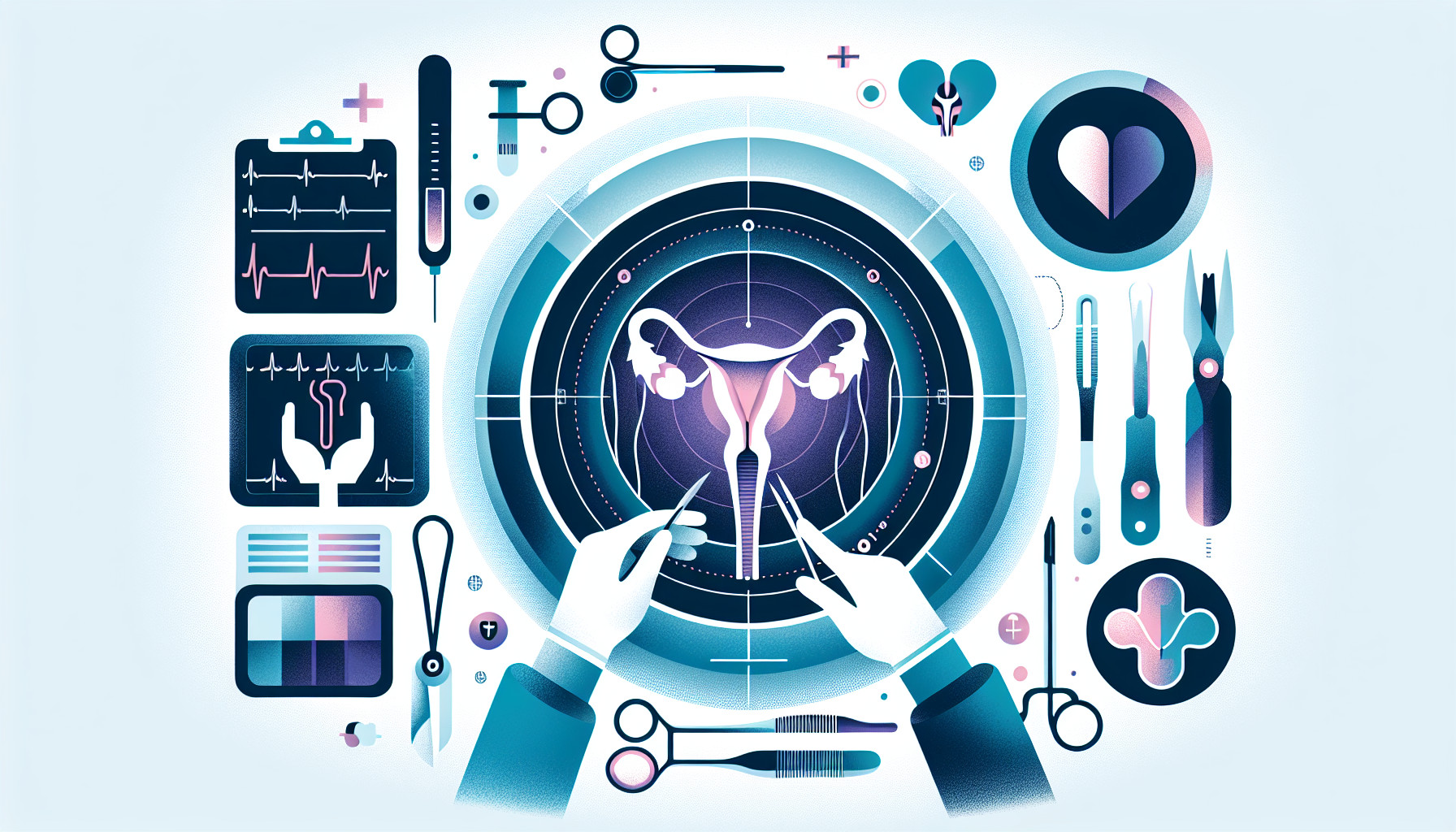Our Summary
Varicocele, a condition that often leads to male infertility, has been recently studied by the French Urology Association. This review reassesses the current treatments for varicocele, considering new insights from recent literature. The findings show that a surgical procedure known as microsurgical sub-inguinal varicocelectomy is the best treatment for infertile men with varicocele who also have abnormal sperm. This surgery improves the chances of a successful natural pregnancy or in vitro fertilization, as well as improving sperm count and quality. The surgery also has a low recurrence rate of less than 4%. The grade and presence of varicocele in both testicles can predict improvement in sperm quality and pregnancy success rate. It is not recommended to treat a minor varicocele. Side effects from the surgery are rare but can include fluid build-up in the scrotum, shrinkage of one testicle due to blood vessel damage, blood clots, slow wound healing, and postoperative pain. An alternative to surgery is a procedure called retrograde embolization. The study concludes that whenever possible, the urologist should discuss all treatment options with the patient and decide on the best one based on the individual’s specific situation.
FAQs
- What is the best treatment for infertile men with varicocele and abnormal sperm according to the review by the French Urology Association?
- What are the possible side effects of microsurgical sub-inguinal varicocelectomy?
- Are there any alternative treatments to surgery for varicocele?
Doctor’s Tip
One helpful tip a doctor might tell a patient about varicocele surgery is to follow all pre-operative and post-operative instructions carefully. This may include abstaining from eating or drinking before surgery, stopping certain medications, and following the surgeon’s recommendations for rest and recovery after the procedure. It is important to communicate any concerns or questions with your healthcare provider and attend all follow-up appointments to monitor your progress. By following these guidelines, you can help ensure a successful outcome and minimize any potential risks or complications.
Suitable For
Typically, patients who are recommended varicocele surgery are infertile men with varicocele who also have abnormal sperm. The surgery is best for those who are looking to improve their chances of a successful natural pregnancy or in vitro fertilization, as well as improve sperm count and quality. The surgery is also recommended for patients with a significant grade and presence of varicocele in both testicles. It is not typically recommended for patients with a minor varicocele.
Overall, the decision to undergo varicocele surgery should be made on an individual basis, considering the patient’s specific situation and discussing all treatment options with their urologist.
Timeline
Before varicocele surgery:
- Patient experiences symptoms such as pain or discomfort in the scrotum, swelling, or a visible bulge in the scrotum.
- Patient undergoes diagnostic tests such as physical examination, scrotal ultrasound, semen analysis, and hormone testing to confirm the presence of varicocele and assess its impact on fertility.
- Based on the severity of varicocele and its impact on fertility, the urologist recommends varicocele surgery as a treatment option.
After varicocele surgery:
- Patient undergoes microsurgical sub-inguinal varicocelectomy, a minimally invasive procedure performed under general anesthesia.
- Following surgery, patient may experience mild pain, swelling, or discomfort in the scrotum, which can be managed with pain medication and ice packs.
- Patient is advised to rest and avoid strenuous activities for a few days to allow for proper healing.
- Over the next few weeks, patient gradually resumes normal activities and follows up with the urologist for postoperative care and monitoring.
- Patient may experience improvements in sperm count, motility, and morphology over time, leading to an increased chance of natural pregnancy or success with assisted reproductive techniques.
- Patient may also experience a decrease in symptoms such as pain or swelling in the scrotum.
- In rare cases, patient may experience complications such as fluid build-up, testicular shrinkage, blood clots, slow wound healing, or postoperative pain, which require medical attention.
What to Ask Your Doctor
Some questions a patient should ask their doctor about varicocele surgery include:
- What are the benefits of microsurgical sub-inguinal varicocelectomy compared to other treatment options?
- What is the success rate of this surgery in improving sperm count and quality?
- What are the potential risks and complications associated with varicocele surgery?
- How long is the recovery period after the surgery and what can I expect during this time?
- How soon after the surgery can I expect to see improvements in my fertility?
- Are there any lifestyle changes or precautions I should take before or after the surgery to optimize the results?
- What is the likelihood of the varicocele returning after surgery, and what can be done to prevent this?
- Are there any alternative treatments to consider if I am not a suitable candidate for surgery?
- Can you provide me with information on the success rates of varicocele surgery in patients with similar characteristics to mine?
- Are there any specific questions or concerns I should discuss with a fertility specialist before proceeding with varicocele surgery?
Reference
Authors: Huyghe E, Methorst C, Faix A. Journal: Prog Urol. 2023 Nov;33(13):624-635. doi: 10.1016/j.purol.2023.09.003. PMID: 38012908
